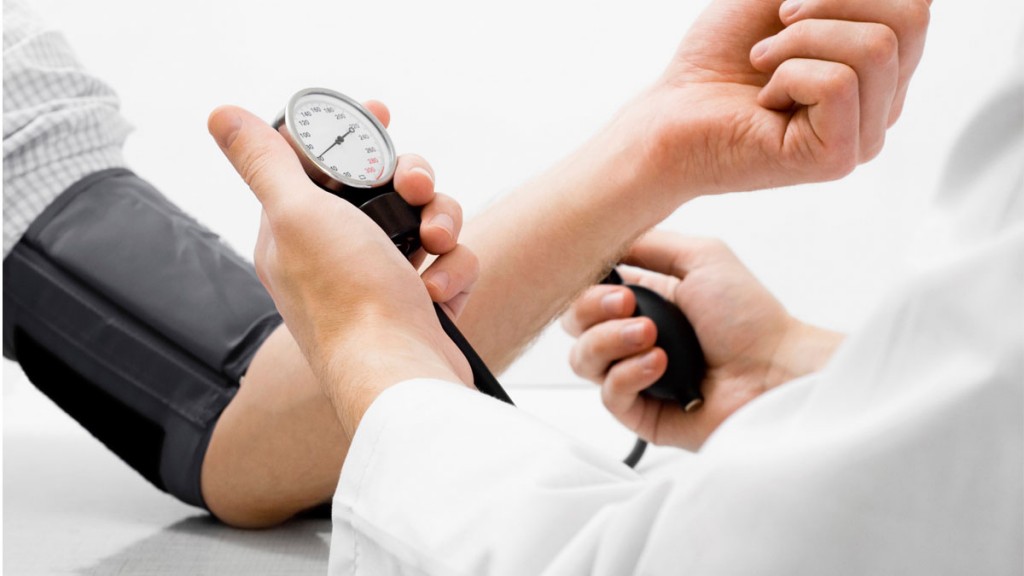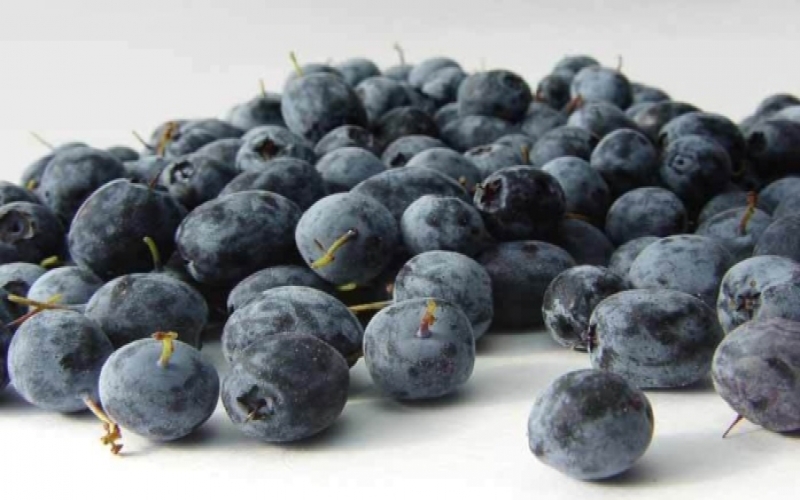How to Improve Your Digestive Health
Good digestive health and its proper working are vital for both your comfort and your complete health and welfare. Your digestive system is where all the nutrients, hydration as well as building blocks of your cells are acquired, as a result it’s an irony to term it fundamental. When there’s an emergence of digestive health problems, they frequently become evident very promptly; but chronic problems may also begin without any signs and can slowly and steadily morph into severe apprehensions. Luckily, there are a number of ways by which we can take care of our digestive health besides the balanced and mixed diet we all must be acquainted with our diet which we’re taking. Read on further in order to acquaint yourself with some of the best ones.
Prebiotics and Probiotics
Probiotics are favorable bacteria that assist to keep your digestive system in good physical shape by assisting to regulate the growth of detrimental bacteria. Prebiotics are the type of carbs that generally fail to get digested by your body and work as food for probiotic bacteria. As a general rule, the best source of probiotics is yogurt. It is composed of good bacteria including “lactobacillus” or “bifidobacteria”. While selecting a yogurt for this reason, you must take care it states that it is composed of “live or active cultures” on the label. Other good food sources of these beneficial bacteria include fermented foods including sauerkraut, miso soup, few soft cheeses and even sourdough bread. For the purpose of maintaining a healthy level of probiotics, you must feed them with foods high in prebiotic content like oats, asparagus, beans, and bananas. While prebiotics and probiotics are not substitutes for pharmaceutical medicines, there is rising evidence that they are helpful for sustaining an optimum digestive health.
Get Your Fiber
We all know very well that fiber plays a vital role for us, but do you know that there are 2 major forms of fiber with diverse properties and exert certain effects on your body? These are referred to as “soluble” as well as “insoluble” fiber. Both the forms of fibers derive from plants and are types of carbohydrates. Nothing like the carbohydrates our bodies make use of them for attaining energy, fiber can’t be broken down and absorbed by the digestive system. As an alternative, as it travels via your body it decelerates the process of digestion and makes your stools softer and simple to pass on. A majority of plant-based foods include both forms of fiber, but are typically richer in one form over the other. Soluble fiber has the potential of absorbing water (hence its name) and turns into a gel-like pulp, whereas insoluble fiber doesn’t execute this, and holds its form when wet. Soluble fiber is derived from foods like nuts, oats, beans and berries. It binds cholesterol as well as fat existing in the gut and doesn’t spike your blood sugar just like the regular carbs. As it has the property of soaking up the water it assists to prevent the problems of constipation. Insoluble fiber comes frequently from grains and fruit/ or vegetables skins. It assists to fill you up, lessens your hunger pangs, and also helps to keep you regular.
Except for being indispensable for a massive array of biological processes, and even life it, let me tell you that water plays a huge role in the digestive process; and we require preserving an ample consumption for it to be effectual. Drinking water with a meal is a great help to make you feel full and as a result less expected to overuse. It can also impede the process of gastric emptying (the rate at which food leaves your stomach). Slowing the process can propel signals to your brain that you have consumed a sufficient amount, and may also help in not overeating. A number of vitamins and minerals including the B vitamins and vitamin C are only soluble in water, and it also nurtures the trillions of bacteria that reside inside you. Water is absorbed into the body adjoining the ends of the digestive tract present in the large intestine. A deficient consumption of water may bring about an excess of water getting expelled out via stools at this point, which might give rise to the issues of constipation or other bowel problems. There is debate that surrounds the optimum consumption of water, but it does differ from individual to individual. If you feel thirsty, have headaches and are hardly ever visiting the bathroom then you must likely drink more and go for a good quality laxative supplement. In contrast, if nature calls every 20 minutes, you are almost certainly drinking too much!
Avoid risks to your digestive health
There are numerous ways that puts digestive health at risk, and these are typically easy to avoid too. A majority of food products have got the potential to harbor food-borne bacteria which may result in certain serious ailments. Getting familiar with what these are, and getting involved in some simple practices yet, keeps you safe and disease-free. It is suggested to avoid the use of unpasteurized foods such as milk or cheese as these can be hiding the malicious bacteria. Proper care should be exercised with meats, in particular deli meats and poultry. Fresh produce must always be washed as they may be comprised of detrimental bacteria such as listeria, or still have spray residues or soil on it. Overtaking of alcohol is also associated with many severe digestive health issues, so as always; this must be kept to special occasions only.
HealthDiva’s Herbal Laxative capsule is an excellent support supplement for digestive health. It helps to support normal as well as balanced immune responses which in turn, can help with normal gastrointestinal function along with proper digestive health. At the same time, the supplement targets the mitochondria in digestive system tissues, letting for an optimal production of cellular energy needed for growth, repair and a better cellular function. Don’t think and buy now… to know more about the product, please visit us at www.healthdiva.net. or purchase your supplements from healthplatter.com




